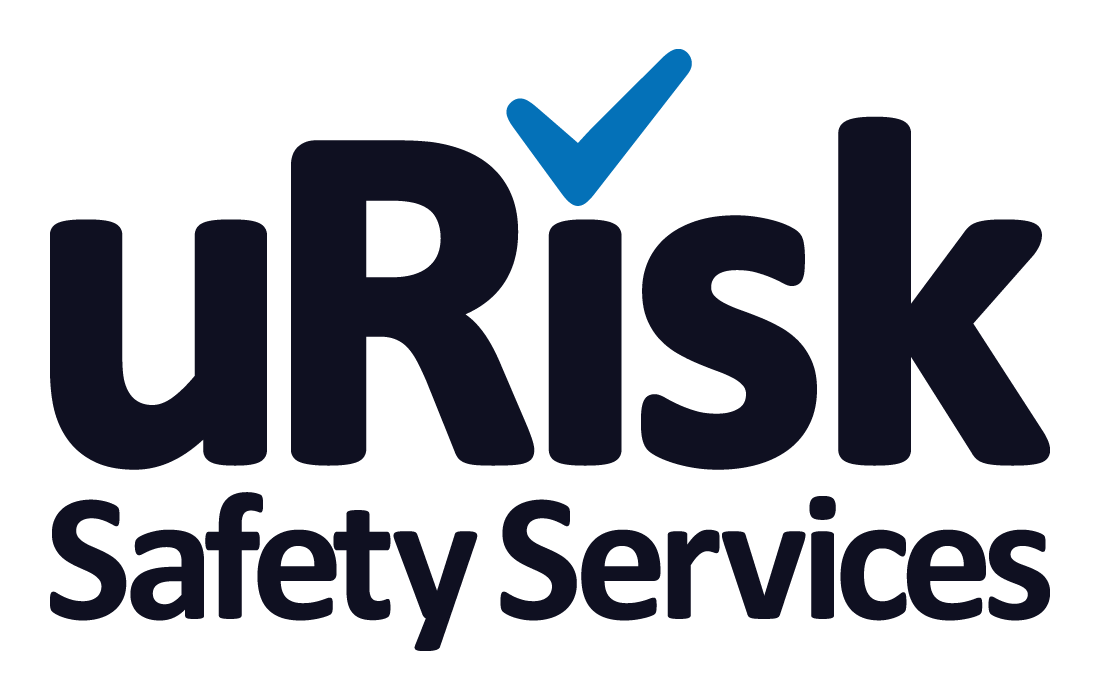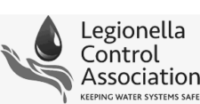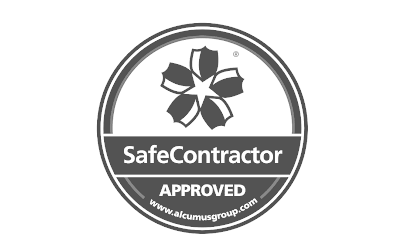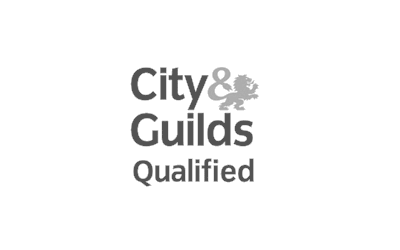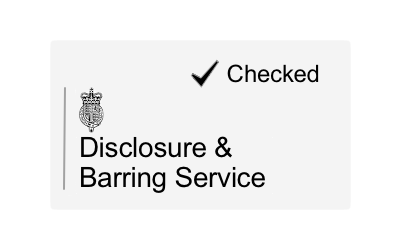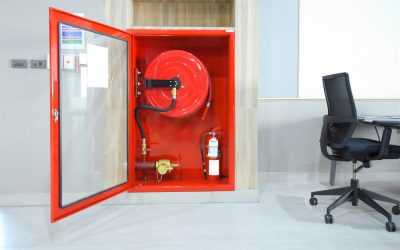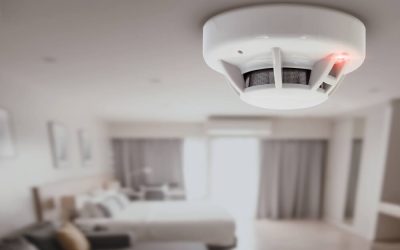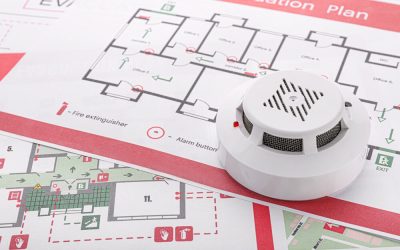Protect your staff from Legionnaires’ disease as they return to the office
With a cautious return to some kind of normality, offices are beginning to reopen their doors to staff. But after your offices have been left empty for such a long time, it’s vital that you protect your staff and visitors from the hidden dangers of the legionella bacteria.
Over the weeks or months when there hasn’t been anyone in your premises, the opportunity for the legionella bacteria to breed and grow has been much greater. The bacterium is distributed through water and inhaled through airborne water droplets from air conditioning units, taps and showers
It thrives in stagnant water, which is why it’s such a danger after a building has been empty for a while. Under normal circumstances, water use ensures the regular flushing of the water system which keeps legionella at low and safe levels. But when there is little or no movement, such as when the building is unoccupied, any water trapped in the pipes will stagnate, which is an ideal condition for the bacteria.
Temperature is also an important factor. Legionella thrives when the water temperature is between 20°C and 45°C. Even though the weather has been so poor this spring and the outside temperature hasn’t been great, remember that your pipes are inside and insulated. They may have been kept warm if you’ve kept the heating on, or they may have even been warmed up enough by sunshine streaming through a window and onto the wall.
Why is legionella such a risk?
As a water-based bacterium, legionella can enter the human respiratory system via tiny droplets of airborne water particles, such as the spray from air conditioning units, showers or vapour from water towers, which also affect poorly maintained spa pools. Once inhaled, the bacteria can cause Legionnaires’ disease, a potentially fatal type of pneumonia.
The elderly are the ones most likely to be affected by Legionnaires’, but anyone with a weakened immune system is at risk. The risks increase after the age of 45, but Legionnaires’ is also of concern to diabetics or anyone with chronic respiratory, heart or kidney disease, as well as heavy drinkers and smokers.
Make legionella testing part of your pre-opening safety checks
As a business owner, director, or facilities manager, you need to assess the water safety plans in order to comply with Health and Safety regulations. Before your employees return to work, you need to carry out a number of checks to make sure your office is fit for purpose, which could include legionella testing. To make sure you stay safe, we also offer risk assessment and monitoring services, and we can also take care of any remedial work recommended.
Sign up for our free webinars
Every month, we run free webinars to help you understand the risks posed by the legionella bacteria and your legal responsibilities towards your staff and visitors. Each one lasts between 30 and 60 minutes depending on the subject matter and your questions, so if you want to find out more about keeping your water system safe, sign up for the next uRisk webinar.
Legionella and Water Hygiene Blog Posts
Office Fire Risk Assessment
As you would expect, keeping your office safe from the risk of fire is a legal requirement under the Regulatory Reform (Fire Safety) Order 2005. If you are the owner or manager of a business, or landlord of an office building, it is your responsibility to ensure your...
Fire Risk Assessment For Flats
Your legal requirements as a landlord include taking precautions to keep your tenants safe, including when it comes to the risk of fire in flats. As part of the fire safety regulations, fire risk assessments for flats is therefore part of your legal obligation to...
Getting A Risk Assessment For Fire in the UK
As an employer, landlord or facilities manager, it is your legal responsibility to keep everyone who uses your premises safe. A fire risk assessment is an important part of this because it identifies what might cause a fire so you can take steps to prevent one, as...
